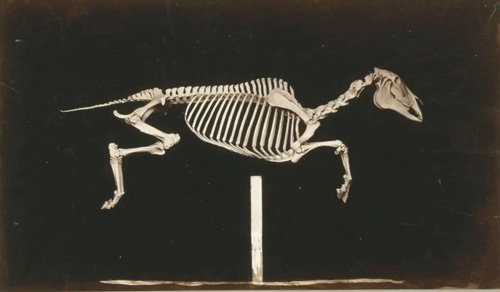There’s no easy answer if it’s different this time than during the Industrial Revolution and the tens of millions of jobs that are automated into oblivion aren’t replaced by equal or better positions. Most often the best possible solution offered is that we need an education system that enables adult Americans to transition into higher-skilled positions and instills children with greater critical thinking that will allow for a more flexible mindset as industries rapidly rise and fall. That would be wonderful, but I think it ignores reality to some extent. If the new normal is abnormal by the standards we’ve come to expect, then, regardless of schooling, some–perhaps many, too many–will be left behind. What becomes of them? What becomes of us?
In a New York Times piece, Eduardo Porter, who doesn’t support Universal Basic Income, tries to think through this potentially scary scenario in which scarcity isn’t a problem but distribution is a big one. The opening:
They replaced horses, didn’t they? That’s how the late, great economist Wassily Leontief responded 35 years ago to those who argued technology would never really replace people’s work.
Horses hung around in the labor force for quite some time after they were first challenged by “modern” communications technologies like the telegraph and the railroad, hauling stuff and people around farms and cities. But when the internal combustion engine came along, horses — as a critical component of the world economy — were history.
Cutting horses’ oat rations might have delayed their replacement by tractors, but it wouldn’t have stopped it. All that was left to do, for those who cared for 20 million newly unemployed horses, was to put them out to pasture.
“Had horses had an opportunity to vote and join the Republican or Democratic Party,” Leontief wrote, they might have been able to get “the necessary appropriation from Congress.”
Most economists still reject Professor Leontief’s analogy, but the conventional economic consensus is starting to fray. The productivity figures may not reflect it yet but new technology does seem more fundamentally disruptive than technologies of the past. Robots are learning on their own. Self-driving cars seem just a few regulations away from our city streets.
As the idea sinks in that humans as workhorses might also be on the way out, what happens if the job market stops doing the job of providing a living wage for hundreds of millions of people? How will the economy spread money around, so people can afford to pay the rent?•

